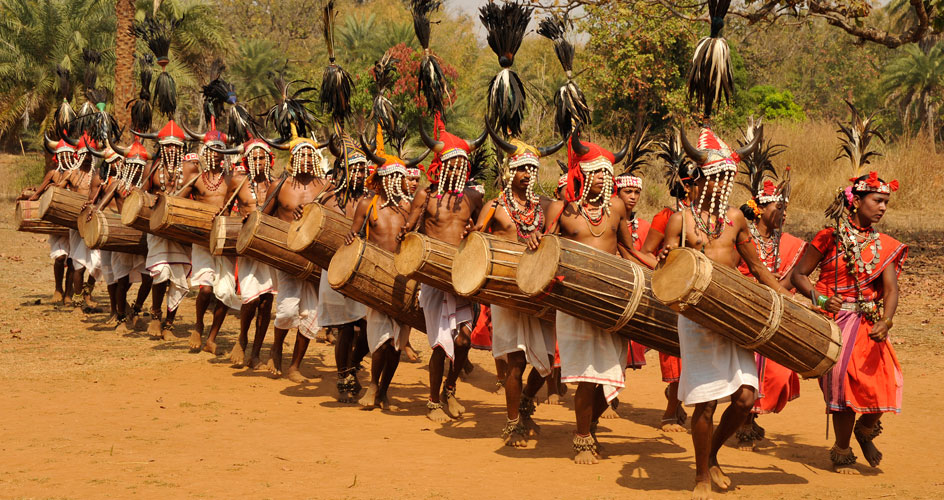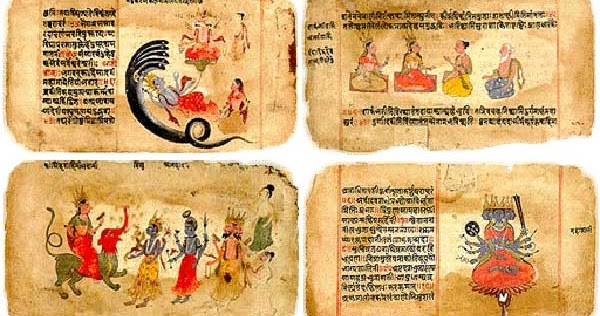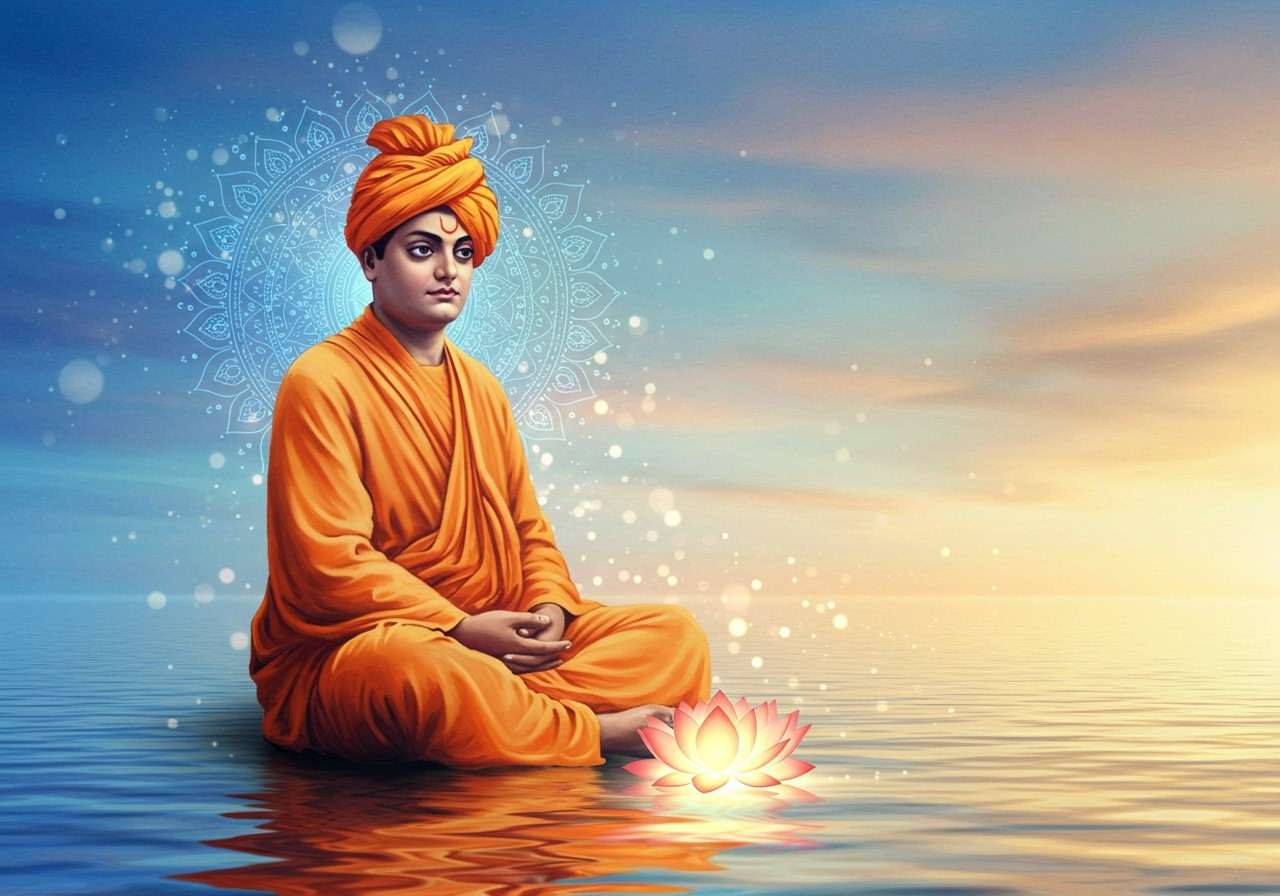Dr. Bhupendra Kumar
India's first Prime Minister, Pandit Jawaharlal Nehru, once said, "I am unable to solve this puzzle. In my opinion, we are all tribals. I do not like this discrimination where there may be some differences. Our country has various kinds of castes. Whether they call themselves Brahmins or Kshatriyas, they are all tribals. We must eliminate all the biases of high and low in our country."
India is an ancient country, and its civilization is thousands of years old. If we consider the culture of 9000 years ago, when Lord Rama was born, everyone was tribal. If we go even further back, we find communities like the Kols and Bhils, all of whom were tribal forest dwellers. It is crucial to understand the true history of the indigenous concept. In 1989, the International Labour Organization (ILO) declared "Convention 169 on Indigenous and Tribal Peoples," which was accepted by only 22 of the 189 countries worldwide. The main reason for this was to clarify the definition of the term "indigenous people." India also signed this treaty. This means that celebrating Indigenous Day in the context of India is an attempt at division.
India's forest-dwelling communities have a long list of heroes. We cannot choose just one day to remember their valor and courage. Instead, we always remember their glorious history with pride, paying tribute to their bravery and heroism.
The World Indigenous Day is essentially a result of the opposition to Columbus Day. On December 23, 1984, the United Nations General Assembly decided to observe "International Day of the World's Indigenous Peoples" every year on August 9. Translated to Hindi, this becomes "World Indigenous Day," but in India, it is enthusiastically called "World Tribal Day." This gives the impression that the UN is serious about the interests of indigenous people worldwide. Consequently, it began to be celebrated with great enthusiasm in various countries, including India. However, it is often overlooked that World Indigenous Day was initially established in the US to oppose Columbus, who arrived in America in 1492 and decimated the native populations there. Thus, this day has no real relevance to other countries, especially India, as it was designated to commemorate America's indigenous people.
In America, Columbus Day is celebrated on October 12 each year. The natives there believe Columbus represented a colonial regime that committed genocide against Native Americans. Hence, the demand for celebrating Indigenous Day arose as a protest against Columbus Day.
In India, from Kanyakumari to Kashmir, people of various skin tones—fair, dark, and wheatish—coexist. Even within a single family, one may find members with different skin tones. This diversity in appearance sets Indians apart from the people of China and Africa. The fair skin of Europeans and Americans is different from the fair skin of Indians, and similarly, the dark skin of Africans is different from that of Indians. This diversity is evident throughout Indian society.
Therefore, it becomes clear that "international forces are working to divide India's tribal communities by encouraging us to celebrate Indigenous Day." In truth, this day has no connection to us. Countries like America, Australia, and New Zealand have faced issues with their indigenous populations that are not relevant to India's context.
Background of World Indigenous Day
In the last few decades in America, there has been increasing opposition to Columbus Day parades. There was a growing demand to remove Columbus from school curricula. By 1991, many American cities and states had started celebrating a day dedicated to the indigenous people of America. This was a holiday to remember the history of Native Americans instead of Columbus.
In the 1980s, many Americans began to oppose Columbus Day. South Dakota was the first state to replace Columbus Day with Indigenous Peoples Day in 1990. In 1992, California hosted a one-day event in memory of Native Americans to protest the 500th anniversary of Columbus's arrival in America. To globalize this, the UN General Assembly passed a resolution to celebrate it worldwide on August 9.
Columbus: A Cruel Slave Trader
In 1492, Columbus set out from Spain for India but never reached it. Instead, he arrived at Cuba, Hispaniola, and other Caribbean islands, where he initiated brutal policies that rapidly decimated the native populations. Columbus also engaged in the slave trade. He promised the King of Spain many slaves, but most died during the transatlantic journey or shortly after arriving in Spain. Therefore, Columbus shifted his focus to gathering gold, demanding that all individuals over the age of 14 accumulate a quota of gold every three months. When the natives failed to meet these quotas, their hands were cut off, and they were left to bleed to death. When the natives began to resist, the Spaniards easily overpowered them with their weapons, hanging or burning captives, and enslaving the survivors to work under brutal conditions, leading to a third of them dying of exhaustion within eight months.
In despair, many natives began committing suicide, some mothers even killing their children. Those who tried to escape were hunted down and killed. To please the King of Spain, Columbus inflicted such cruelty that he killed 200,000 people through slavery and war. The background of Indigenous Day on international standards is filled with such massacre and hatred, which is detestable to human civilization.
(The author is a professor in the Department of Journalism and Mass Communication at Atal Bihari Vajpayee Hindi University, Bhopal.)






